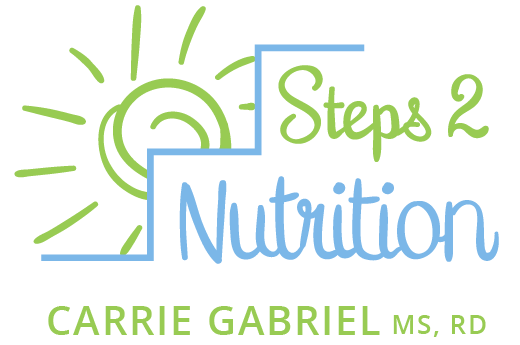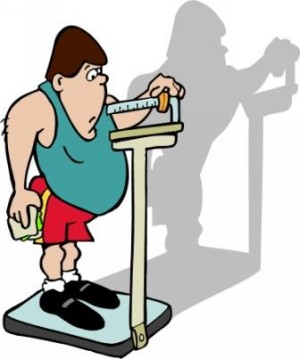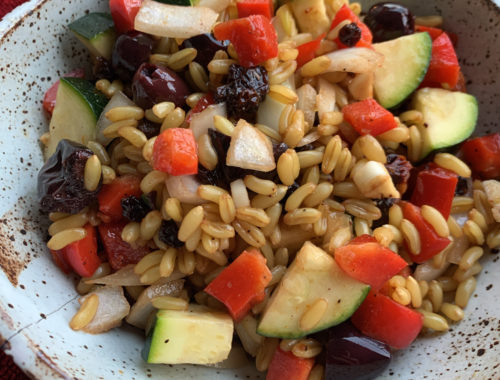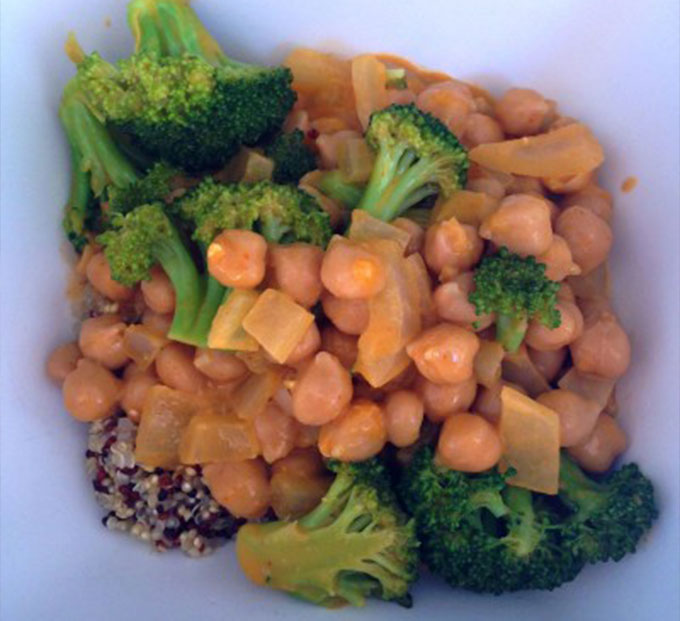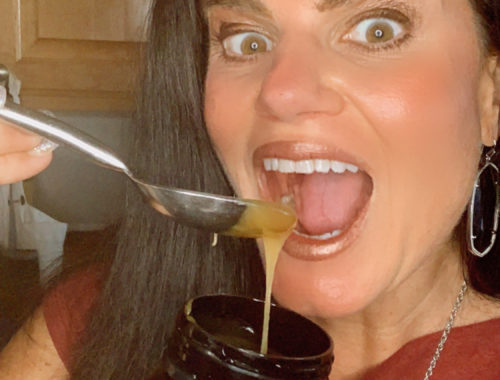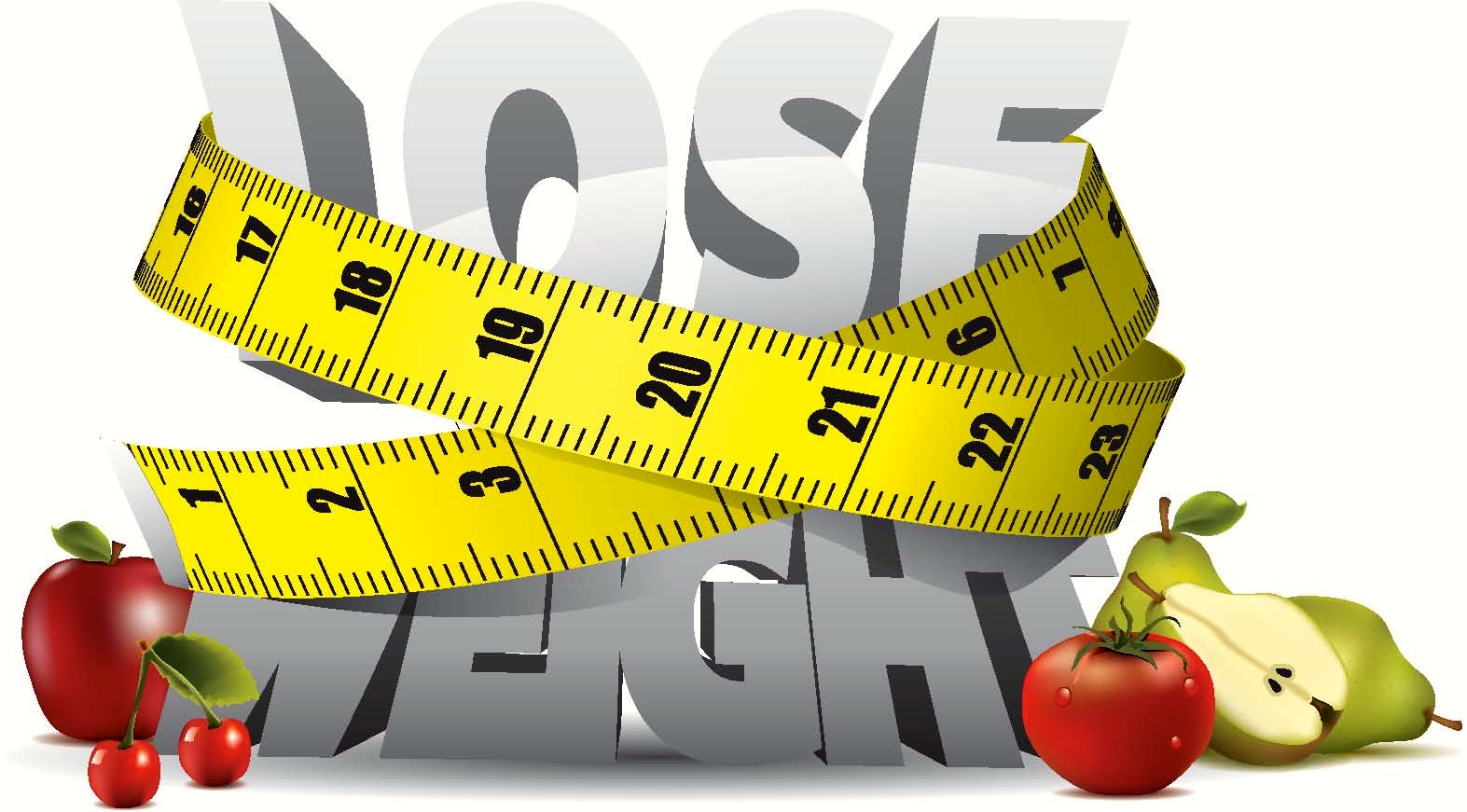
What Happens At A Weight Management Conference…and Other Reasons Why I Work In Preventative Nutrition
I meant to write this article right after I finished the aformentioned conference, but I was so exhausted Saturday night that productivity took a backseat to my couch and Netflix, for once. Sorry about that!
As I have mentioned time and time again, it took me awhile to complete my dietitian license. So now that I have it, there is NO WAY I am letting it go. NO. WAY. So, in order to keep my license, I have to have 75 continuing education units completed every 5 years. While this seems like a long period of time, one year of those 5 have already gone by rather quickly, so when I saw that a continuing education certification program would be in my area this year, I jumped at the opportunity.
The certification program was for adult weight management. I would be learning further details on the obesity epidemic in America and how to counsel clients who are not only overweight, but obese and some, morbidly obese. I would also learn more about the pros and cons of bariatric surgery, popular fad diets and dietary supplements. The certification was 2 eight hour days and 1 four hour day, for a total of 35 continuing education credits, almost half of the credit I need for the 5 year period. I had to pass a pre-test to take the certification, which consisted of about 8 billion articles (not really, but it was a lot) I didn’t quite get around to reading (skimming, rather!) but was still able to figure out the answers to the pre-test and was thus granted admission into the certification class.
There were about 12 presentations total throughout the program. Some of them were great. The speakers were engaging and interactive, asking questions that actually made us think instead of just reading from the power points, and showing pictures of videos to illustrate points. Some were a little less exciting, but that was to be expected. There was also some role playing (dietitian to patient), which was also great, because I learned new ways of questioning private patients that could be effective in weight loss management as well as almost any arena of health coaching.
There were some major take away points that stuck out in my mind, and although most of you who read this blog are NOT dietitians, I think some of these points will resonate with you…
You can lose weight regardless of what macronutrients you consume. It’s all about calories.
I can already hear the arguing in my head…”What is she talking about?” “What about low carb?” “She’s wrong, you can only lose weight on Paleo.” NO people. You can lose weight on a diet consisting of only chocolate chip cookies or pizza or pie. YES YOU CAN. It just has to fall in your recommended caloric intake. For example, if my resting metabolic rate allows for me to consume 1437 calories a day, I can chose to eat ANYTHING I want within that calorie range in a day…and I won’t gain any weight. NOW HERE IS THE KICKER. You may be able to lose weight by just eating what you want within your calorie range, but how is your body going to look? Moreover, how are you going to feel? I think in theory the idea of just eating junk within your calorie range sounds nice, but imagine how nutritionally deprived your body would be. Your skin will hate you, you will probably be crabby and depressed (especially if you eat all sugary items for your allotted calories), not to mention, I don’t even want to think about what your lipid (triglycerides/cholesterol) profile would look like…yikes!
All jokes aside, I think the point of this statement is to say that successful weight loss diets can emphasize a range of protein, fat and carbohydrate composition and still have beneficial effects. For example, a lower carbohydrate meal plan is not going to work for everyone, but there may be some people who can and will sustain that type of eating long term. Some people find they lose weight being vegetarian, while others find themselves constantly hungry on a vegetarian diet…and so on and so forth.
By 2100, 100% of the United States will be be obese.
This was in a slide from one of the lectures on obesity. Basically what the slide read was that in the year 2000, the obesity rate (those with a body mass index above 30) was 30.5. If it increases about 15% every 20 years, but 2100, 100% of the United States is projected to be obese. I don’t know about you, but that scares me. Quite frankly, as long as I’m around as a dietitian, that’s not happening. I know of at least 30-40 dietitians who will never let themselves fall into that category, so that already makes it so less than 100% of the U.S would be obese…haha! But seriously, this indicator makes me take my job a lot more seriously. We dietitians have our work cut out for us!
You really need 220-425 minutes a week of exercise to see weight loss.
The secret is out, and I am sorry to say, the whole 30 minutes a day 3-4 times a week workout that you might have heard of, that your health care professional might have mentioned to you casually in a physical or perhaps you read about a 30 minute workout plan in a magazine that would change your life…yea, not so much. Of course, if you just want to maintain your weight, 30 minutes of exercise is better than none, but for weight loss, a little 30 minute morning stroll is highly unlikely to do much of anything for weight loss. You will need 60 minutes, ONE HOUR a day, 5-7 days a week, to see real weight loss. That combined with, of course, healthy eating.
Another point that was stressed is EXERCISE INTENSITY. If you are going to walk, that is fine, but you will have to walk longer and overall, it will take longer to see weight loss if you never ramp up the intensity. Pushing yourself a little will do wonders for weight loss. I hate to sound cruel people, but these facts were stated in this lecture…and I do agree with them.
Weight loss is mostly about behavior therapy.
In behavior therapy, the goal is to reinforce desirable behaviors and eliminate unwanted ones. In counseling, dietitians do this often with motivational interviewing, which is essentially a form of conversation that assesses a person’s motivation and commitment to change. For example, when counseling a person on weight loss, I want to find out their goals, their reasons for wanting to lose weight. If I can make the person come up with a plan in their own head they can commit to that relates to their goals, it is more likely they will adhere to this plan. (Adherence was also a big part of this topic. It is one thing to give a client a plan to follow, but something entire different for them to actually follow the instructions given to them!)
For example, I have an online client right now who says he really wants to get healthy but has no time, except he could make breakfast at home. In this situation based off of what he has told me, I can start with small changes, like getting him to make breakfast. From there I give him several options of breakfasts he can make. He then picks one or two and he picks out the days of the week he will prepare each of these breakfasts. By me motivating him to create a specific plan with a goal in mind, the chances of him sticking to that and possibly starting to see results are greater than if I just shove a meal plan in his face with what I think he should eat for breakfast.
There were other great points brought up in this conference, but this will turn from a blog into a short novel if I bring across any more points. However, there is one more point I did want to address regarding this conference.
While I did get to meet some great dietitians in the field, I did find myself to be the one of the only dietitians at the conference who works in preventative nutrition. Most of the other dietitians I met worked in clinical, some outpatient and many inpatient. Many specialized dietitians, like oncology and renal, were also taking this certification. Probably the majority of the dietitians in attendance were bariatric surgery dietitians. Apparently, bariatric surgery is a hot item now, or has been for quite some time…and as a dietitian, you should get to know more about it and how to properly advise clients who come to you who have had gastric bypass, the lap band, sleeve gastrectomy and the like who need suggestions for their nutrition.
Well, to be honest, I think it is more important to educate people wayyyyy before they are at a point where they need bariatric surgery. This is why I work in preventative nutrition. Not that bariatric dietitians are not amazing, but whatever happened to educating patients while they are still healthy? Teaching them how to stay healthy? I don’t want to see bariatric surgery become “hot” or ” the thing to do.” How about health education? How about showing healthy people the videos of the stomach surgeries and side effects? I can tell you right now, it’s not all that glamorous to sit down to a meal and take 5 bites and be full. Or to eat something that is supposed to be healthy, like broccoli or quinoa, and have it get “stuck” and you have to go to the bathroom and get it out in the middle of a dinner out with friends. Or to over eat fat and experience dumping syndrome…trust me, based on what I know you definitely don’t want to experience that.
The most positive thing that came out of this conference for me was knowing I am in an area of dietetics I am truly passionate about. I belong in preventative nutrition. I love counseling and talking to individuals/groups of people in the workplace, standing right in front of the cafe before they go in to make their choices for the day…maybe I can change someone’s mind…or at least make them think about their choices and hopefully make a positive one.
